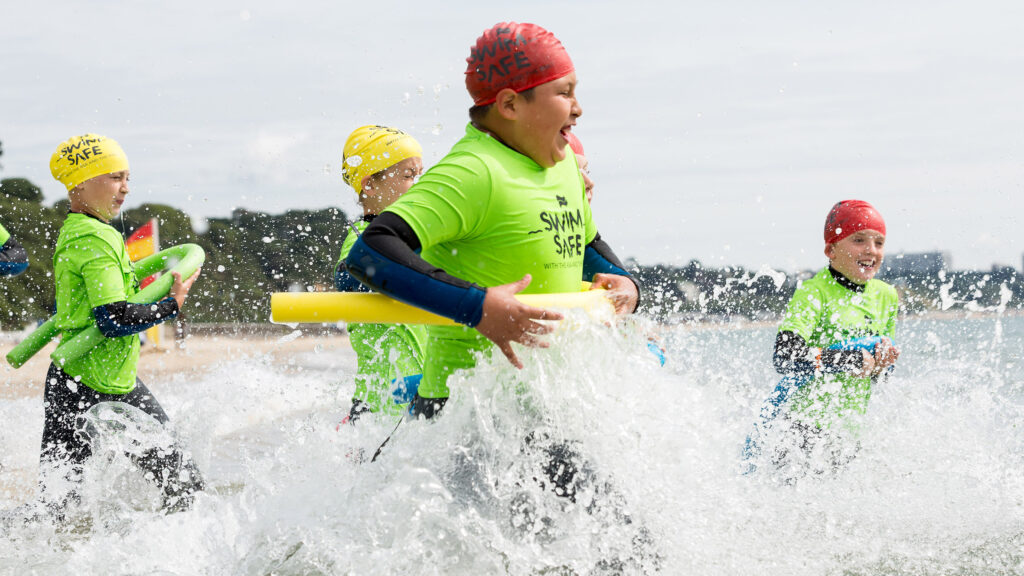Boating in adverse weather conditions presents unique challenges that can test even the most experienced mariners. High winds, large waves, and poor visibility can make navigation difficult and increase the risks of accidents. These conditions demand heightened awareness and preparedness.
Factors like sudden storms, strong currents, and unexpected squalls can catch boaters off guard, leading to mishaps such as capsizing or engine failure. Therefore, being well-prepared and informed is not just recommended; it’s essential for survival in rough waters.
Understanding the Weather
The first step to staying safe in rough waters is understanding the weather. Modern technology provides a myriad of tools for weather forecasting, but interpreting these forecasts accurately is a skill every boater should master.
Tips for Reading Weather Forecasts:
- Use Multiple Sources: Don’t rely on just one weather forecast. Cross-reference information from various sources like the National Weather Service, local news channels, and specialized marine weather apps.
- Understand Weather Patterns: Familiarize yourself with the common weather patterns in your boating area. Knowing the signs of approaching storms can give you a head start in seeking shelter.
- Regular Updates: Weather can change rapidly, especially on water bodies. Regularly update yourself with the latest forecasts, and keep a close watch on the horizon for any sudden changes.
Also Read: Banking 101 for Startups Building a Strong Financial Foundation
Preparing for the Worst
Preparation is key when it comes to boating in rough waters. Ensuring your boat is equipped with the necessary safety gear can make a significant difference in an emergency situation.
Essential Safety Equipment:
- Life Jackets: Always have enough life jackets for everyone onboard, and ensure they are easily accessible.
- Float Switches: Ensure your boat’s bilge pump is equipped with reliable float switches to automatically manage water levels.
- Emergency Flares: Keep a supply of emergency flares to signal for help if needed.
- First Aid Kit: A well-stocked first aid kit is a must for handling minor injuries and emergencies.
- VHF Radio: A VHF radio is crucial for communication in case of an emergency and for receiving updates on weather conditions.
- Manual Bilge Pump: As a backup, a manual bilge pump can be a lifesaver if your electric pump fails.
Navigating Adverse Conditions
Handling your boat in rough waters requires a combination of skill, experience, and caution. Here are some practical tips to help you navigate safely:
Practical Navigation Advice:
- Adjust Your Speed: Slow down when navigating through rough waters. High speeds can make handling your boat more difficult and increase the risk of capsizing.
- Maintain a Steady Course: Aim to maintain a steady course and avoid making sudden turns. Sudden changes in direction can destabilize your boat.
- Trim the Boat: Properly trim your boat to ensure it rides smoothly over the waves. Adjust the trim tabs or outboard motor to balance the boat’s weight distribution.
- Keep the Bow Up: When facing large waves, keep the bow (front) of your boat up to prevent water from washing over the deck.
- Use Your Senses: Pay attention to changes in wind direction, wave patterns, and other environmental cues. Trust your instincts and adjust your navigation strategy accordingly.
Emergency Protocols
Despite all precautions, emergencies can still occur. Knowing what to do in these situations can greatly enhance your chances of survival.
Emergency Steps:
- Capsizing: If your boat capsizes, stay calm. Stay with the boat if it’s still afloat, as it’s easier to spot than an individual in the water. Use your emergency flares and VHF radio to call for help.
- Engine Failure: In case of engine failure, drop your anchor to prevent drifting. Use your VHF radio to communicate your location and situation to nearby vessels or the coast guard.
- Man Overboard: If someone falls overboard, throw a life ring immediately. Keep your eyes on the person and maneuver the boat carefully to perform a rescue.
The Importance of Training
While having the right equipment and knowledge is vital, nothing substitutes for hands-on training. Participating in boater safety courses can significantly enhance your ability to handle adverse conditions.
Benefits of Boater Safety Courses:
- Hands-On Experience: Gain practical experience in handling boats in various conditions through simulated exercises.
- Knowledge Enhancement: Learn advanced navigation techniques, safety procedures, and emergency protocols.
- Certification: Many courses offer certification, which can be beneficial for insurance purposes and personal credibility.
- Confidence Building: Improve your confidence and decision-making skills when faced with challenging boating situations.
Conclusion
Boating in rough waters is undoubtedly challenging, but with the right preparation, knowledge, and mindset, you can navigate these conditions safely. Remember to always check the weather, equip your boat with essential safety gear, and continuously improve your skills through training.
By staying informed and prepared, you not only ensure your safety but also enhance the overall boating experience for yourself and your passengers. So, next time you venture out on the water, take these tips to heart and sail with confidence.


